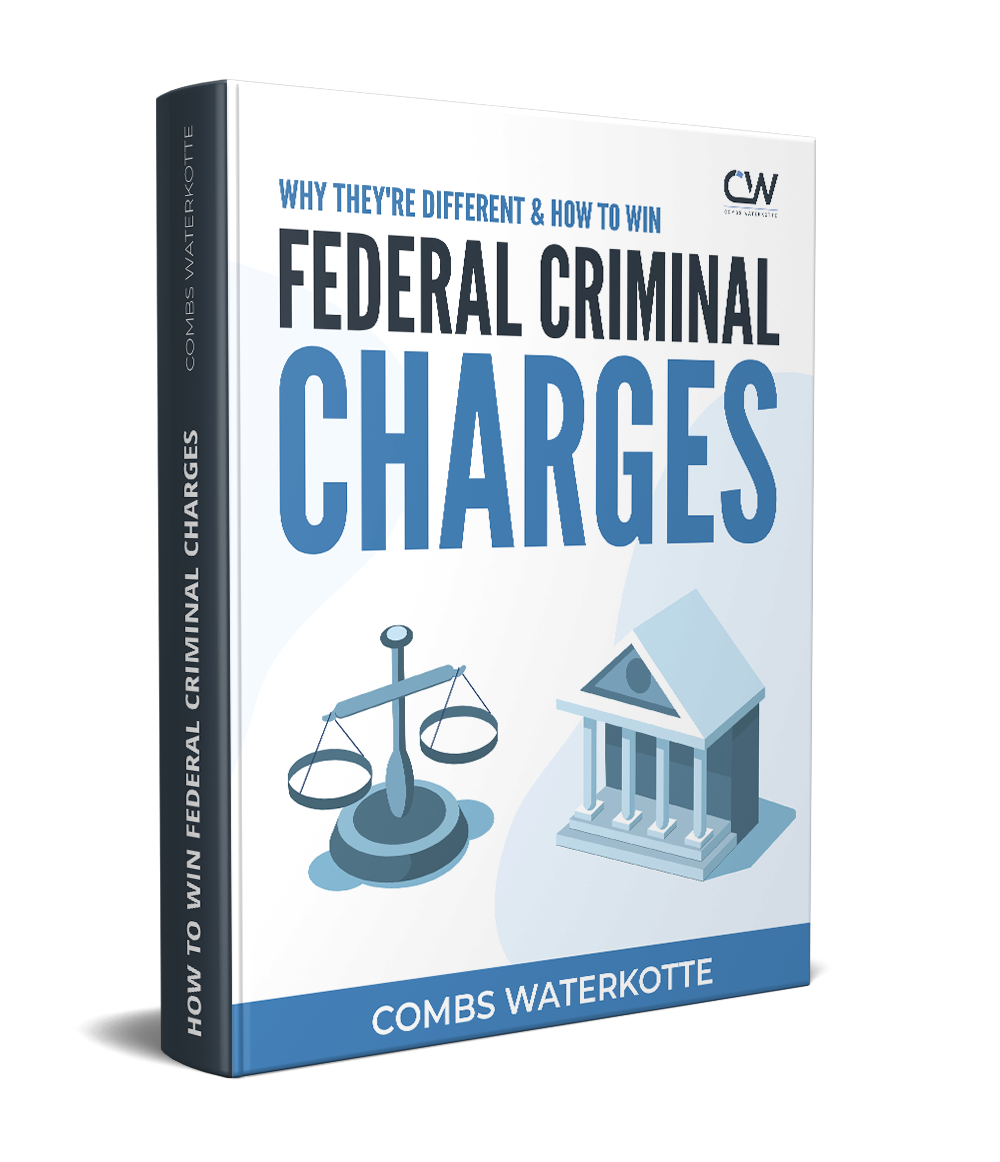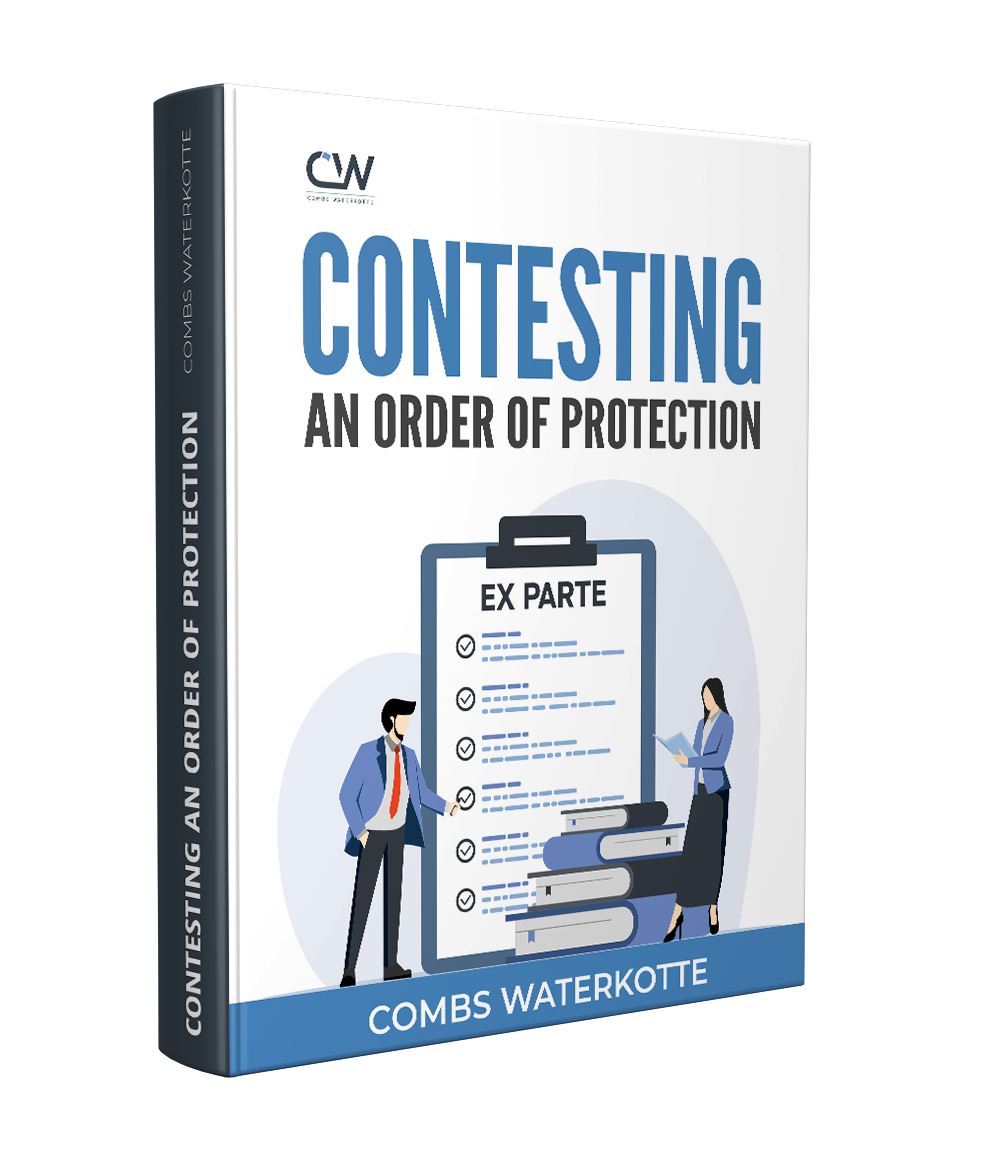Additional Links
What Is a Federal Murder Charge in Missouri?
federal murder charge is a homicide prosecuted under 18 U.S.C. § 1111, usually tied to federal land, federal officials, interstate activity, or another federal offense.
Most homicides are state cases. If facts trigger federal jurisdiction, the case moves to U.S. District Court. In simple terms, first-degree covers planned killings or certain felony murders; second-degree covers other killings with “malice.” Federal cases involve strict rules, federal judges, and federal investigators.
Under investigation or arrested for federal murder? Call (314) 900-HELP to speak with a Missouri federal crimes defense lawyer now.
How Federal Law Defines Murder
Under 18 U.S.C. § 1111, federal law separates murder into two categories:
- First-degree murder: Any killing that is deliberate and premeditated, or that happens during certain felonies like arson, robbery, burglary, sexual assault, or kidnapping. Conviction can mean life in prison or the death penalty.
- Second-degree murder: Any other unlawful killing carried out with “malice aforethought,” meaning the person acted with an intent to kill or a reckless disregard for human life, but without planning or premeditation. Punishable by a term of years up to life in prison.
When Federal Murder Charges Apply
These charges apply when the killing occurs within federal jurisdiction—such as on military bases, national parks, or federal buildings—or when the victim is a federal officer, the crime crosses state lines, or the murder is tied to another federal crime like terrorism, bank robbery, or drug trafficking.
Federal prosecutors may also bring murder charges under the Matthew Shepard and James Byrd, Jr. Hate Crimes Prevention Act (18 U.S.C. § 249) if the killing was motivated by race, religion, national origin, gender, sexual orientation, gender identity, or disability.
Federal murder is one of the most serious charges in U.S. law. The statute itself allows for life imprisonment or the death penalty, and federal prosecutors bring every resource to bear. Having an experienced, aggressive federal murder lawyer at your side is the only way to protect your freedom and future.
When Does a Murder Case Become Federal in Missouri?
When the killing happens on federal property, involves a federal official, crosses state lines, or is connected to another federal crime.
Common triggers include national parks, military bases, or federal buildings; victims who are federal officers or employees; interstate travel or kidnapping; and murders tied to bank robbery, terrorism, drug trafficking, or witness tampering in a federal case.
To compare: state vs. federal murder in Missouri
| Topic | State Murder (Missouri) | Federal Murder |
|---|---|---|
| Where tried | Missouri state court | U.S. District Court (Eastern or Western District of Missouri) |
| Who prosecutes | Local/State prosecutors | U.S. Attorney with agencies like FBI/ATF |
| Jurisdiction trigger | Homicide within Missouri | Federal land/officials/interstate activity/linked federal offense |
| Potential penalties | Severe prison terms | Life imprisonment or death penalty in some cases |
Federal cases bring bigger resources and higher stakes. Your defense must match that intensity from day one.
Penalties for Federal Murder in Missouri
First-degree can mean life imprisonment or the death penalty; second-degree can mean any term of years up to life.
Federal sentencing follows statute and the U.S. Sentencing Guidelines. There is no statute of limitations for murder. Parole does not exist in the federal system, and even after release, supervised release terms can be lengthy.
What Affects Sentencing in Federal Murder Cases
- Degree of murder: First-degree (premeditated or felony murder) carries harsher penalties than second-degree. In practice, second-degree federal murder convictions often result in decades behind bars, especially if aggravating factors like use of a weapon or prior convictions are present.
- Aggravating factors: Killing a federal officer, multiple victims, extreme cruelty, or murders linked to terrorism or drug trafficking can increase the sentence or make the death penalty available.
- Mitigating factors: Lack of prior criminal history, mental health conditions, duress, or cooperation with authorities may reduce the severity of sentencing.
- Criminal history: The defendant’s prior record strongly influences the sentencing range under the Guidelines.
- Judicial discretion: Federal judges consider victim impact, statutory factors, and the Guidelines but have some discretion within set ranges.
Sentences for federal murder are shaped not only by the charge itself but also by aggravating or mitigating circumstances, prior record, and strategic defense work before and during trial. Federal penalties are unforgiving. Early mitigation and motion practice can shift the result.
What Happens in a Federal Murder Case in Missouri?
Arrest → indictment → motions → trial → sentencing. Each step has strict deadlines and rules.
Step-by-step process
- Step 1: Arrest & Initial Appearance. Custody decisions and rights advisements happen fast—call a lawyer immediately.
- Step 2: Grand Jury Indictment. Prosecutors present evidence; the grand jury decides charges.
- Step 3: Pretrial Motions. We move to suppress illegal searches, statements, and shaky identifications; we challenge jurisdiction and forensics.
- Step 4: Trial in U.S. District Court. The government must prove guilt beyond a reasonable doubt; we cross-examine, present experts, and attack weak links.
- Step 5: Sentencing & Appeals. If convicted, guidelines and statutes control; we pursue appeals and post-conviction relief when warranted.
Most common mistake: Talking to agents without a lawyer. Use your right to remain silent. We talk for you.

Defenses Against Federal Murder Charges in Missouri
Our Missouri federal murder defense attorneys attack proof, procedure, and jurisdiction—using science, experts, and motions to limit what the jury ever sees.
Core trial defenses
- Self-defense or defense of others
- Lack of intent or mistaken identity
- Alternate cause or timeline disputes
- Unreliable witness or forensic evidence
Federal procedure defenses
- Illegal search or seizure → suppression
- Coerced or unwarned statements → exclusion
- Jurisdiction or venue challenges
- Chain-of-custody and lab reliability attacks
Many wins happen before trial—by shrinking or weakening the government’s evidence.


































